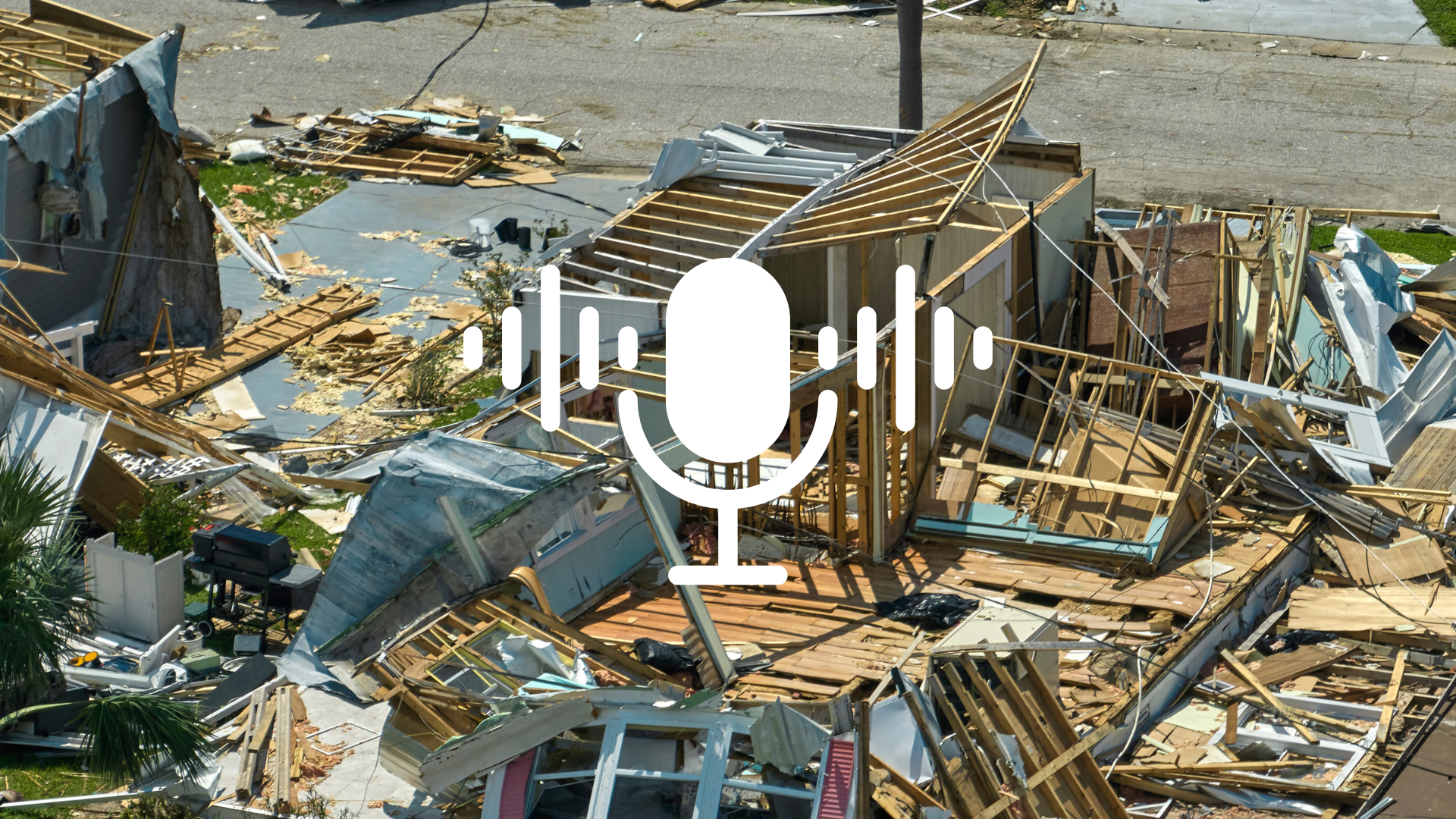
PESP appears on podcast to talk PE-owned disaster cleanup
April 21, 2025
Last month, PESP researcher Azani Creeks was featured on Meredith Lynch’s podcast Oddly Specific. During the episode, Azani talked about private equity’s role in disaster recovery efforts across the country, and how firms are benefitting from the ever-increasing climate disasters. Citing the 2024 Private Equity Climate Risks Scorecard, which found that just 21 private equity firms were responsible for more emissions than the global aviation industry, Azani shared PESP findings that show “private equity firms are contributing to climate change through these emissions, through these harmful practices, and then also profiting from cleaning up the disasters at the end of it. So they’re making money on both ends.”
Servpro (Blackstone), Blusky (Partners Group, Kohlberg and Company), Belfor (American Securities), and ATI Restoration (TSG Consumer) are some of the largest private equity-backed disaster recovery companies in the United States. All four companies work coast to coast, and have been involved in disaster recovery efforts from Hurricane Helene[1] in North Carolina to the Los Angeles wildfires[2].
The difficult work of rebuilding communities after disaster is largely done by immigrants, currently and formerly incarcerated people, and US-born people of color, groups that have a long history of facing discrimination and neglect at work. These workers, sometimes referred to as resilience workers, enter a very dangerous industry – in 2020, more than 1 in 5 worker deaths were in the construction industry. Beyond this, workers face wage theft and health and safety concerns with little accountability on the part of top contractors or subcontractors. For more on wage theft at private equity-owned disaster recovery companies, see our 2023 report[3].
With many immigrants working in the sector, recent directives from the Trump Administration to increase immigrant detention and deportation may have a chilling effect on the industry’s workforce. Already facing a shortage of workers, the disaster recovery industry would struggle even more if many people are deported or scared to go to work. However, private equity firms would continue to benefit from the detention and deportation of these workers, as private equity firms win contracts with ICE and CBP for goods and services. See our 2025 report about private equity in immigrant detention to learn more.
Other possible moves from the Trump Administration threaten the sector even more: there have already been cuts to the National Weather Service and talk of eliminating FEMA.
Listen to the full podcast here.
[1]Servpro, Blusky, Belfor, ATI Restoration
[2]Servpro, Blusky, Belfor, ATI Restoration
[3] See Wage Theft, page 10.
